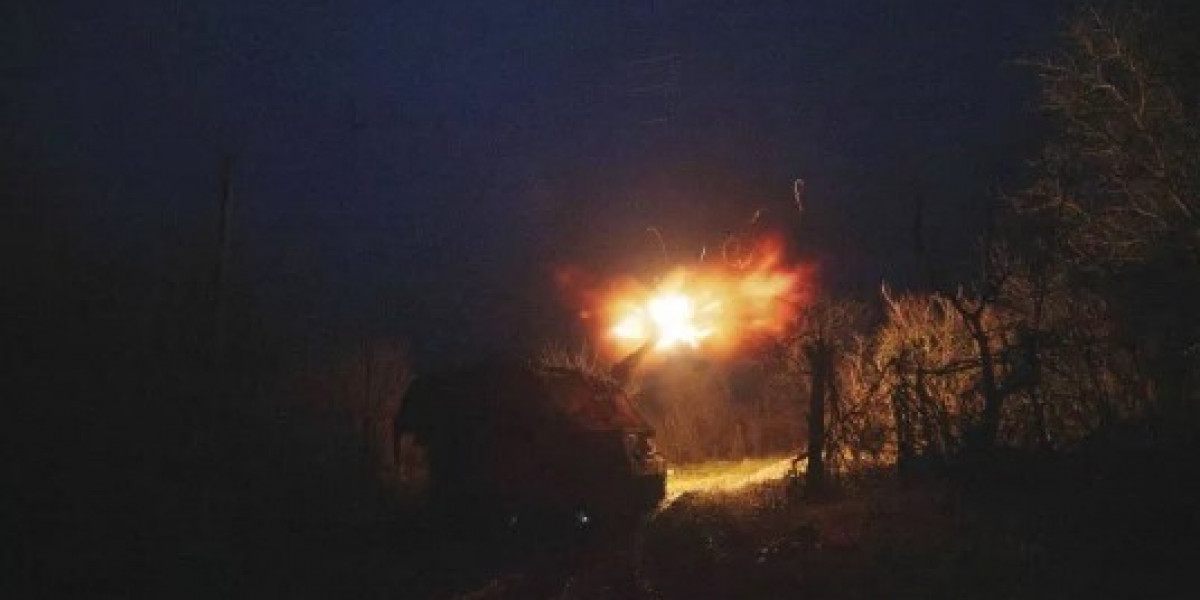Donald Trump's re-election to the presidency could significantly affect the US approach to the war in Ukraine. For the past two and a half years, the current US administration led by Joe Biden has been providing 'unwavering support' to Ukraine against Russia.
A few key aspects of Trump's foreign policy stance and past actions, what his stance on Ukraine might be, are now being hotly debated.
US support for Ukraine
During his first term, Trump often expressed skepticism about getting involved in the internal affairs of other countries. Especially where the US has little direct strategic interest. Even before the election, he claimed that if Trump was in the White House, there would not have been bloodshed in the Middle East and Ukraine.
He has referred in the past to NATO's role in European security as somewhat 'outdated'. However, he ultimately supported US aid to Ukraine. For example, in 2017 the authorization of lethal weapons such as Javelin missiles in defense of Ukraine. It goes without saying, however, that he is an outspoken critic of US aid to other countries in general.
In a second term, it is possible that Trump could argue for reducing US financial and military aid to Ukraine. Trump advocates following the principle of 'America First' in his political philosophy.
Therefore, there is strong doubt that the US will put pressure on the European countries to reduce the involvement of the US in the defense of Ukraine after coming to power. This could lead to a reduction in the level of US military assistance or political support for internal affairs in Ukraine.
According to an Al Jazeera report published on November 7, since Russia's full-scale invasion of Ukraine in 2022, the US has already provided more than $64.1 billion in military aid to Ukraine, according to the latest data from the US State Department. However, according to private sources, this aid is more than 70 billion.
Diplomatic pressure for a ceasefire or settlement in Ukraine
Trump is known for his 'unconventional' diplomacy. During his first term, he often suggested that he might make a better deal with Russia, even hinting at an interest in reducing tensions between the United States and Russia.
He has publicly stated that diplomacy could end the war in Ukraine 'within 24 hours', although it is not clear what formula this would take.
It is believed that Trump may press Ukraine for a ceasefire or a negotiated settlement with Russia. In the meantime, concessions could be made, such as lifting some of Russia's sanctions or offering Russia more favorable security measures in return. However, this process can be controversial both domestically and internationally. Russia's invasion of Ukraine in particular has violated international law.
Tensions with NATO and the Western Alliance
Before winning his first term in 2016, Trump has called the military alliance NATO a 'dead organization' during the campaign. According to the NATO agreement, each member country will spend two percent of their GDP on defense. But most countries do not or cannot meet these targets.
Trump has a history of criticizing NATO allies for not contributing enough to NATO defense spending. Now that he has been re-elected, new pressure may be created on NATO members. Support for Ukraine in particular, including more military aid and spending, could be denied by Republican administrations.
Trump could also push for a reassessment of the US commitment to NATO, which could undermine security within the alliance, especially if NATO members disagree on how to deal with the situation in Ukraine.
Fractures in the NATO alliance would weaken the West's collective resolve to counter Russian aggression. And that would potentially give Russia more diplomatic leverage.
Impact on US-Russia relations
Trump has historically taken a more conciliatory stance toward Russia and admires Russian President Vladimir Putin. His return to the White House could lead to a 'thump' in US-Russia relations, potentially leading to some sort of strategic dialogue or a standoff.
This shift could undermine US support for Ukraine, as Trump may prioritize improving relations with Russia over fully supporting Ukraine's sovereignty. However, such an approach could also alienate key US allies and lead to accusations of appeasement towards Russia.
Even after leaving the White House in 2020, Trump has questioned the effectiveness of sanctions against Russia. He has repeatedly said the US should sit down with Putin to negotiate and lift possible sanctions as part of a deal.
In speeches, Trump often praised Putin and downplayed the threat posed by Russia. A different approach, he argued, would have prevented war in Ukraine and avoided conflict with Putin through negotiations.
Internal US politics and congressional influence
Trump's foreign policy will also depend on the political climate in Congress. Although the current US government led by Biden is supportive of Ukraine. But American society is divided. A section thinks Kiev needs continued strong support.
Others argue that the United States should not be so involved. Because the growing divide between them with Russia poses risks. In particular, some factions of the Republican Party, including Trump's base, have expressed concern about the cost of ongoing support for Ukraine.
Trump didn't just get re-elected. This time the Republicans took control of the Senate. Republicans are also on track to take control of the House of Representatives.
In that case, there could be significant political pressure to limit US aid to Ukraine. Conversely, if Democrats lose control of Congress, they could lose the mandate to resist Trump's efforts to cut aid to Ukraine.
Influence on global situation and course of war
If the U.S. under Trump takes a narrower stance on war escalation or reduces support for Ukraine, it could have broader implications for U.S. alliances around the world.
European countries in particular, which are on the front lines of Russian aggression, may be forced to act more independently or seek new alliances. Some countries may accelerate their own defense initiatives. But confronting Russia without the leadership of the United States is not easy.
Trump argues that the United States should not bear the full burden of supporting Ukraine. The European Union, especially the states close to Russia, should take more responsibility for Ukraine's security.
A US withdrawal or reduced involvement in the Ukraine war could embolden Russia and affect the balance of power in Europe. Either it will lead to a protracted war. Either could force Ukraine to negotiate on unfavorable terms with long-term implications for European security.
Sanctions and economic policy
Trump has repeatedly questioned the effectiveness of sanctions and has even expressed interest in lifting sanctions against Russia, particularly in the context of bilateral relations. If re-elected, he could move to ease sanctions on Russia as part of a broader effort to restore US-Russia relations.
Many argue that these sanctions are an important part of Western strategy to undermine Russia's ability to sustain the war effort. The move to lift sanctions could bolster Russia's economy and its war effort. And it could potentially prolong the conflict in Ukraine.
Kremlin spokesman Dmitry Peskov has already said, "Both leaders of enemy countries are directly and indirectly involved in the war against us." It remains to be seen how the second chapter of the Trump-Putin regime begins and ends.
Abdul Majid Chowdhury: Co-Editor, Dainik Jugantar
amcshahriar@gmail.com



















































